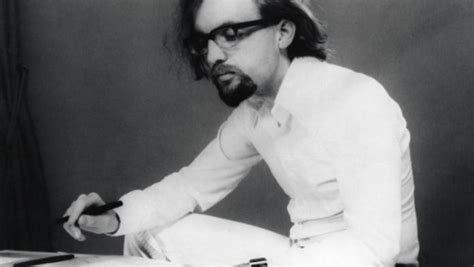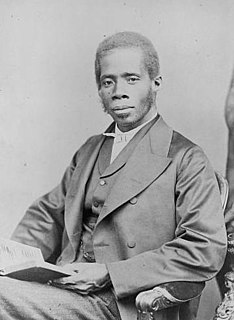A Quote by Martin Filler
During the nineteenth century, the rapid emergence and proliferation of new manufacturing methods and building technologies led to the establishment of polytechnic schools that concentrated on the practicalities of engineering and construction rather than the niceties of stylistic correctness or adherence to established precedent.
Related Quotes
Nineteenth- and early-twentieth-century exponents of prefabrication were certain it would supplant age-old traditions of individualized design and handcrafted construction. The building art would be revolutionized by freeing designers and construction workers from repetitive tasks, and democratized by making high-style architecture more affordable.
Given that the nineteenth century was the century of Socialism, of Liberalism, and of Democracy, it does not necessarily follow that the twentieth century must also be a century of Socialism, Liberalism and Democracy: political doctrines pass, but humanity remains, and it may rather be expected that this will be a century of authority ... a century of Fascism. For if the nineteenth century was a century of individualism it may be expected that this will be the century of collectivism and hence the century of the State.
I'm excited about the emergence of tokens, and while I'm skeptical of many of the early projects being launched, I do believe we are seeing the emergence of an entirely new asset class that will foster the growth of a new investment community, a new set of social networks, and most importantly, a new class of technologies.
I conceive that the leading characteristic of the nineteenth century has been the rapid growth of the scientific spirit, the consequent application of scientific methods of investigation to all the problems with which the human mind is occupied, and the correlative rejection of traditional beliefs which have proved their incompetence to bear such investigation.
What sometimes enrages me and always disappoints and grieves me is the preference of great schools of learning for the derivative as opposed to the original, for the conventional and thin which can be duplicated in many copies rather than the new and powerful, and for arid correctness and limitation of scope and method rather than for universal newness and beauty, wherever it may be seen.
There is a great need for a new approach, new methods and new tools in teaching, man's oldest and most reactionary craft. There is great need for a rapid increase in the productivity of learning. There is, above all, great need for methods that will make the teacher effective and multiply his or her efforts and competence. Teaching is, in fact, the only traditional craft in which we have not yet fashioned the tools that make an ordinary person capable of superior performance. In this respect, teaching is far behind medicine, where the tools first became available a century or more ago.
It seems to me that the novel is very much alive as a form. Without any question, every epoch has its own forms, and the novel nowadays cannot resemble that of the nineteenth century. In this domain all experiments are justified, and it is better to write something new clumsily than to repeat the old brilliantly. In the nineteenth century, novels dealt with the fate of a person or of a family; this was linked to life in that period. In our time the destinies of people are interwoven. Whether man recognizes it or not, his fate is much more linked to that of many other people than it used to be.
In the middle of the next century, when the literary establishment will reflect the multicultural makeup of this country and not be dominated by assimiliationists with similar tastes, from similar backgrounds, and of similar pretensions, Langston Hughes will be to the twentieth century what Walt Whitman was to the nineteenth.



































